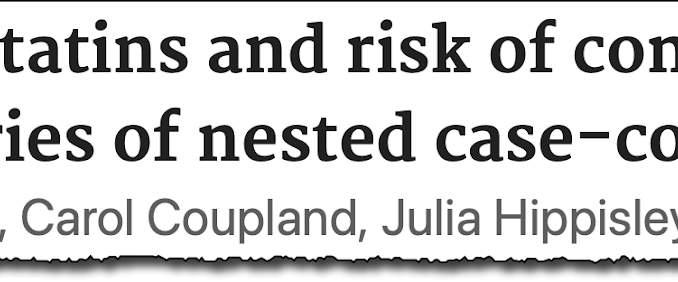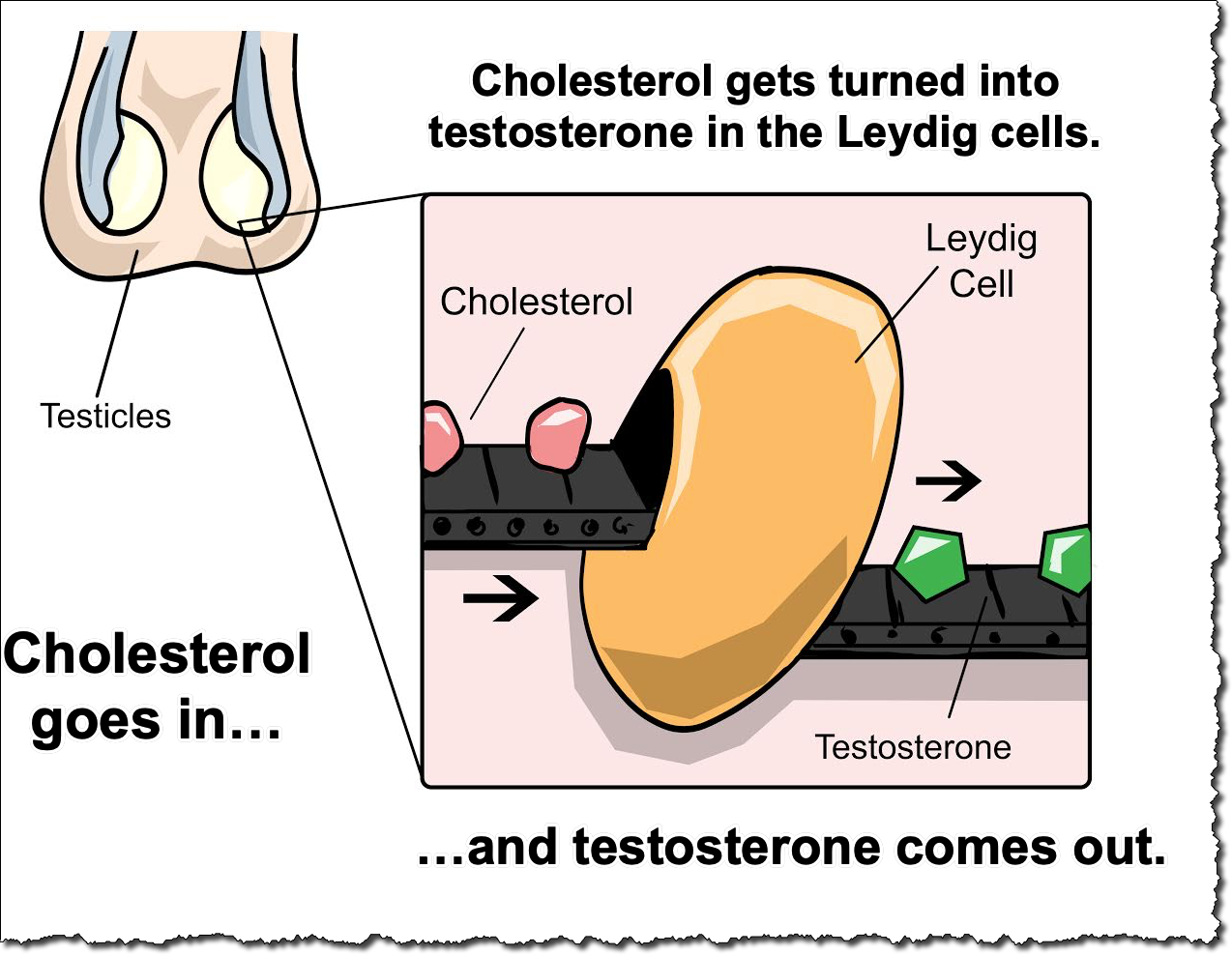
Don’t let them fool you
Unsubscribe | Report as spam | Change email preferences
What you MUST know about cholesterol
There is a war on cholesterol – that is not news – but we are fighting the wrong enemy.
You see, elevated cholesterol in younger people can be a sign of other underlying health problems. But cholesterol is the cause of disease in either young or old.
What’s more, forcing down cholesterol levels is a problem. Cholesterol is essential for the production of testosterone and other hormones.
We also need cholesterol to detoxify pathogenic invaders which invade our body – things like endotoxin which can cause obesity, dementia and cardiovascular disease are removed by cholesterol.
Furthermore, the drugs used to lower cholesterol cause more problems because of the ways they interfere with the enzymes the body uses to produce it. These enzymes affect more than cholesterol.
I’ve written before about how statin medications can increase the risk of skin cancer. Research shows that they increase the risk of a number of other cancers too.
The review of human research was carried out at the University of Nottingham in the UK. The paper was published in BMC Cancer.
This research was an analysis of data taken from almost 500 people in the UK. It was designed to see if there is any strong link between the use of cholesterol-lowering statins and different types of cancer.
“A series of nested case-control studies was conducted covering 574 UK general practices within the QResearch database.”
The researchers used modern statistical analysis to look at the relationship between statin use and cancers over a 10 year period in the UK.
“Cases were patients with primary cancers diagnosed between 1998 and 2008. The associations between statin use and risk of ten site-specific cancers were estimated.”
The researchers adjusted their analysis for factors which could otherwise lead to less than accurate results.
“Analysis was adjusted for comorbidities, smoking status, socio-economic status, and use of non-steroidal anti-inflammatory drugs, COX-2 inhibitors and aspirin.”
Data from over 400,000 people was used in the research.
The study showed that statins were associated with a reduction in relatively rare blood cancers.
“For hematological malignancies there was a significantly reduced risk associated with any statin use (odds ratio 0.78).”
Unfortunately, the use of statins was also associated with a significant increase in the risk of common colorectal cancers.
Using statins for four years or longer increases the risk of colorectal cancer by almost 25%.
“Prolonged (more than 4 years) use of statins was associated with a significantly increased risk of colorectal cancer (odds ratio 1.23).
Bladder cancer was increased by the use of statins by almost 30% over a four-year period.
“Prolonged use of statins was associated with a significantly increased risk of bladder cancer (odds ratio 1.3).”
Statins are associated with an almost 20% increased risk of lung cancer during the same time frame.
“Prolonged use of statins was associated with a significantly increased risk of lung cancer (odds ratio 1.18).”
The research indicates that an increase in these three types of cancers can be added to the list of problems associated with the use of statin medications which are commonly used to force down cholesterol levels.
“Prolonged use of statins was associated with an increased risk of colorectal cancer, bladder cancer and lung cancer, while there was a reduced risk of hematological malignancies.”
Statins have also been strongly linked to an increase in skin cancers. It’s now widely accepted that these medications cause muscle weakness and decrease levels of vital hormones like testosterone.
There is strong evidence suggesting that these medications increase the risk of dementia too.
And all in order to lower cholesterol which is certainly not involved in causing disease – though it can indicate some underlying problems like bacterial infection or hypothyroidism.
You should always consult your healthcare practitioner for guidance on medical diagnosis and treatment.
—-Important Message—-
Beware of statins for high cholesterol — try this instead
Most men don’t know that cholesterol can be naturally turned into testosterone.
So let me show you how!
First, do you know about the factory process that goes on in the testicles?
Cholesterol goes in, and testosterone comes out.
It all happens in the Leydig cells in a man’s testicles, and it’s completely natural:
But sometimes this little factory process slows down or stops working as a man gets older…
And then your cholesterol goes up… and testosterone goes down…
Doctors will tell you to take a statin… but this often makes testosterone LOWER.
Luckily, I’ve created my very own protocol — it naturally restarts this factory process in the body…
Your high cholesterol gets turned into high testosterone… win-win!
Here’s how to start using Protocol C2T to naturally lower your cholesterol and raise testosterone
———-



